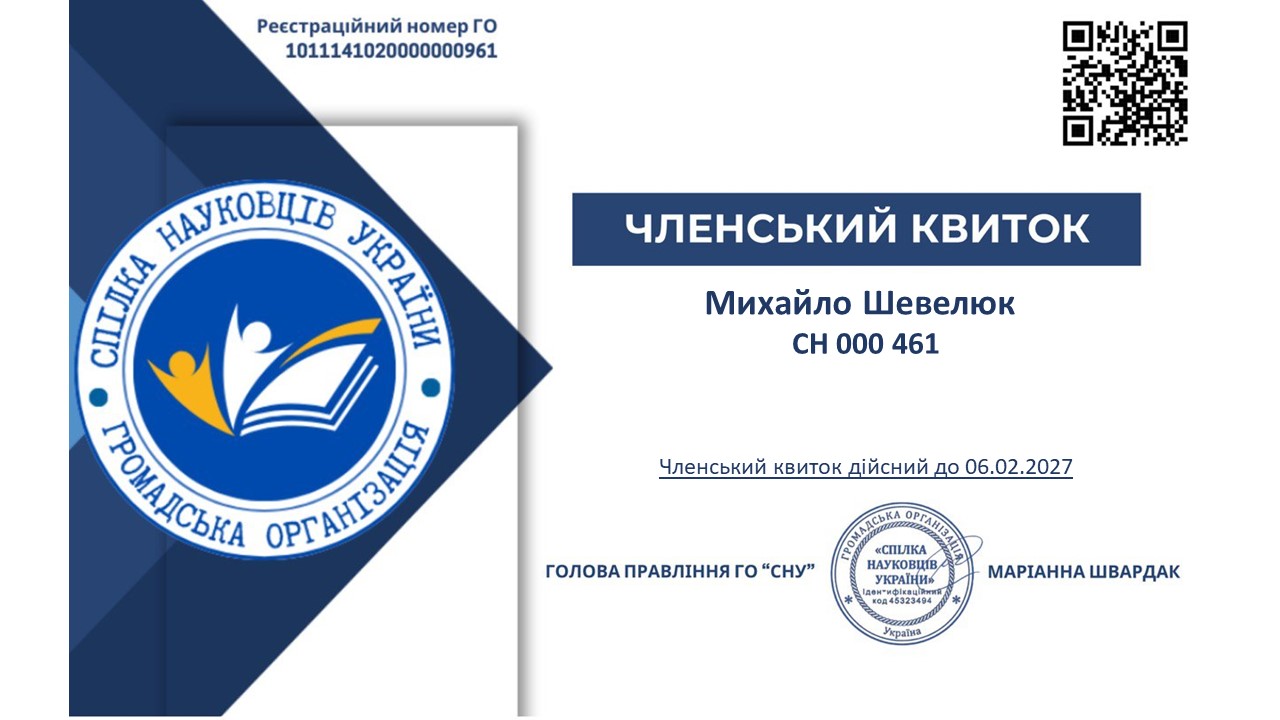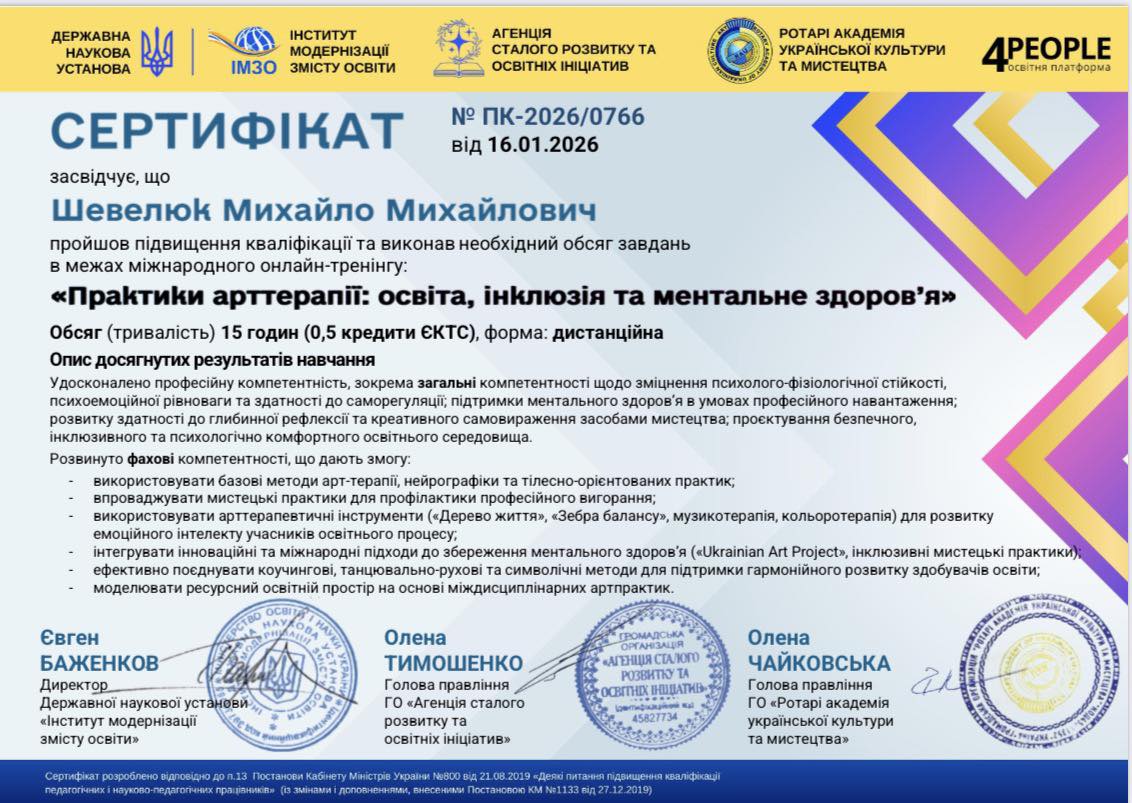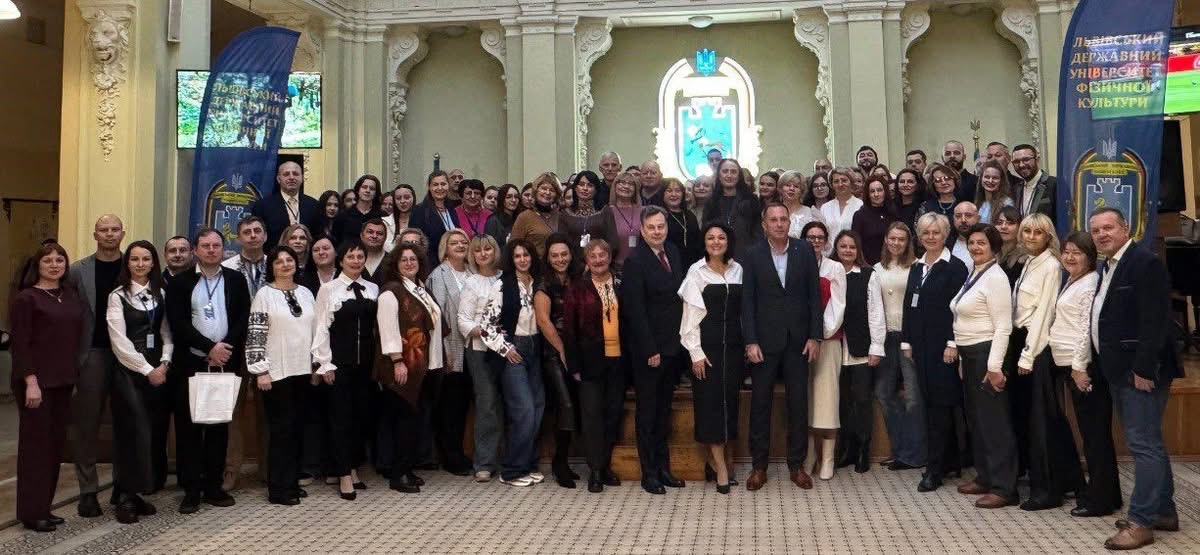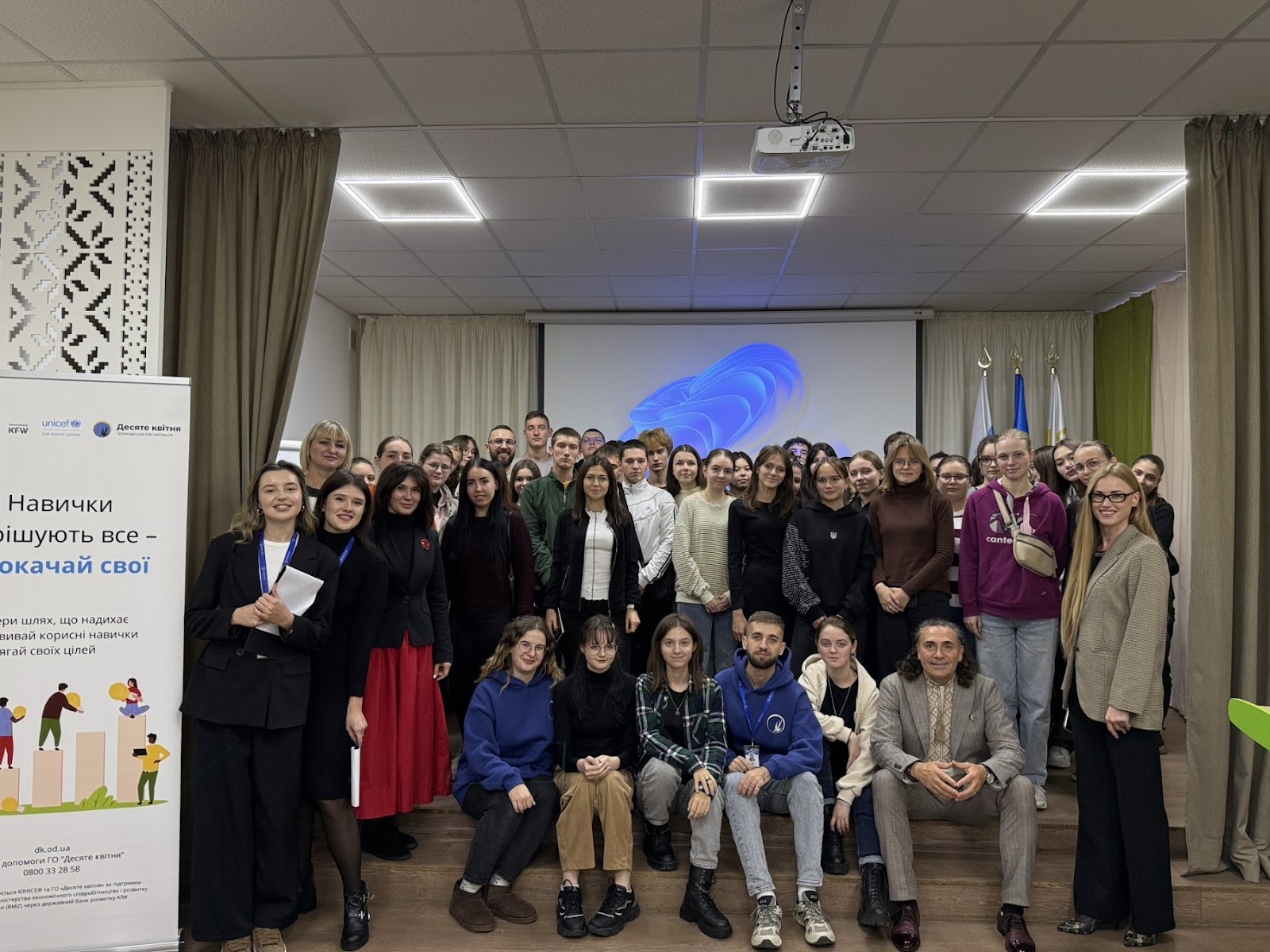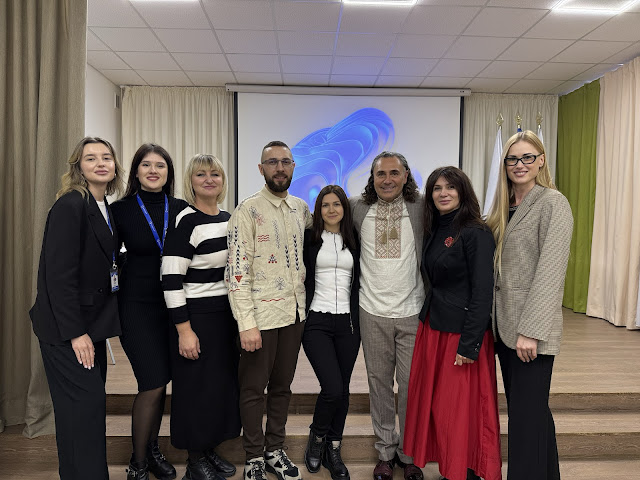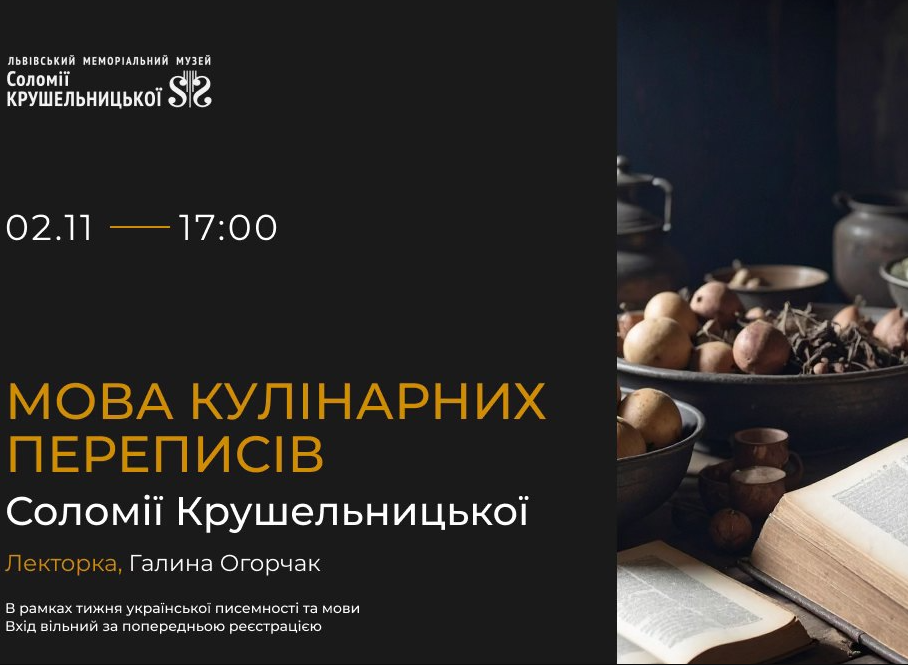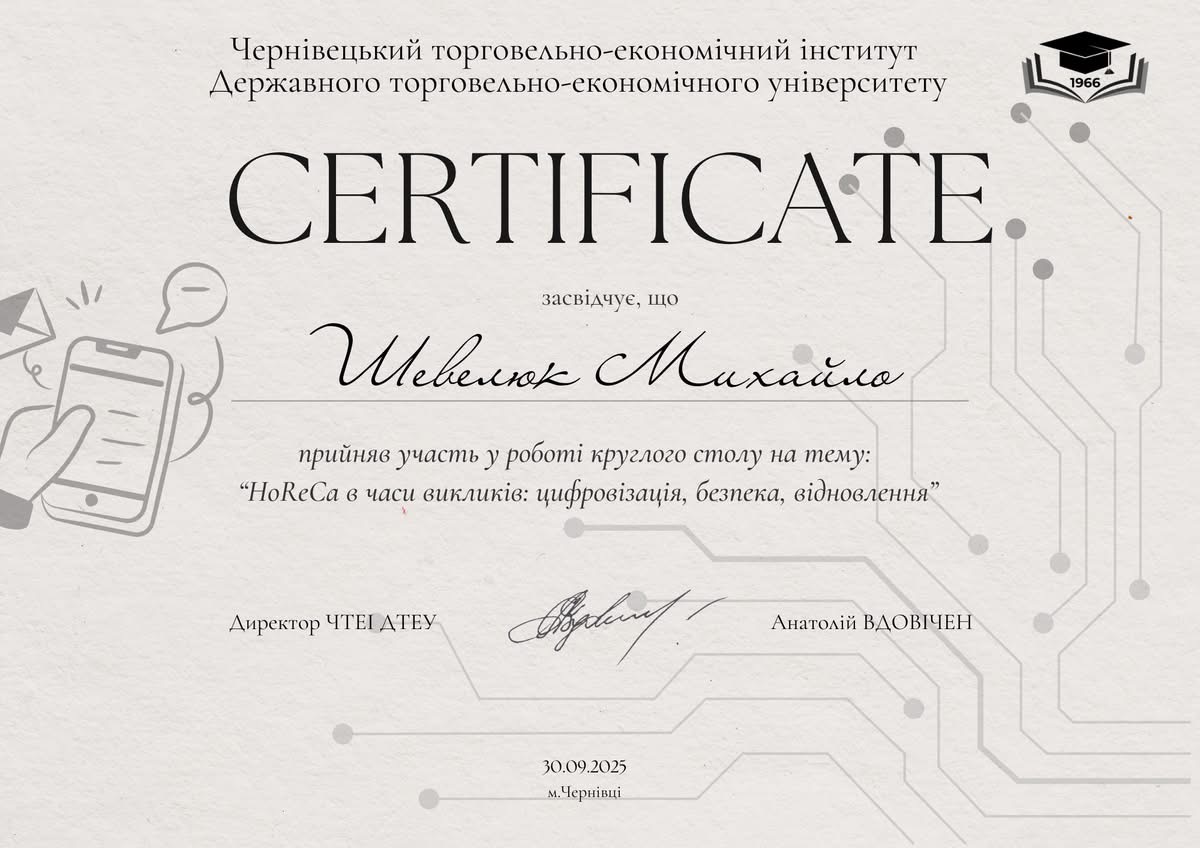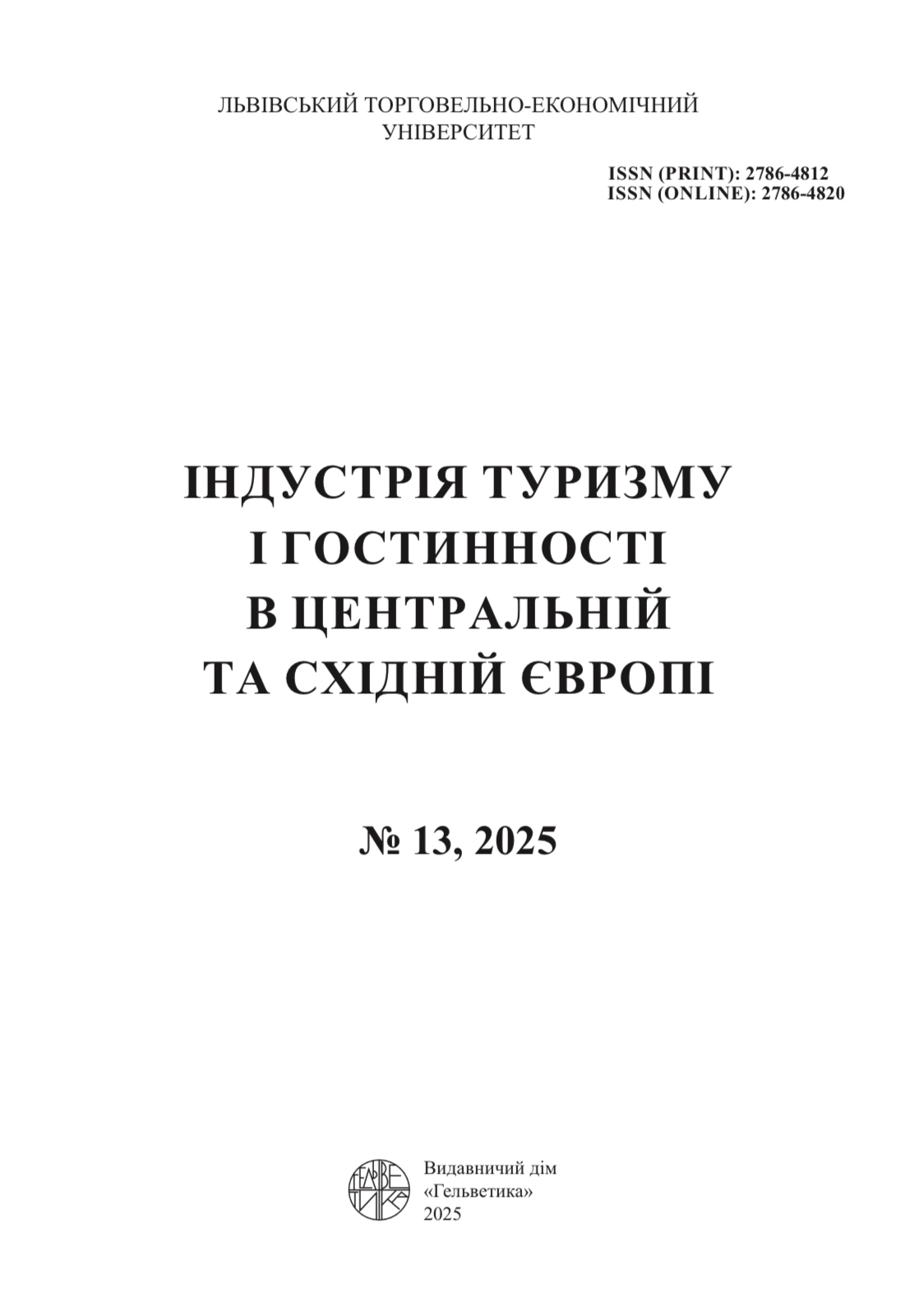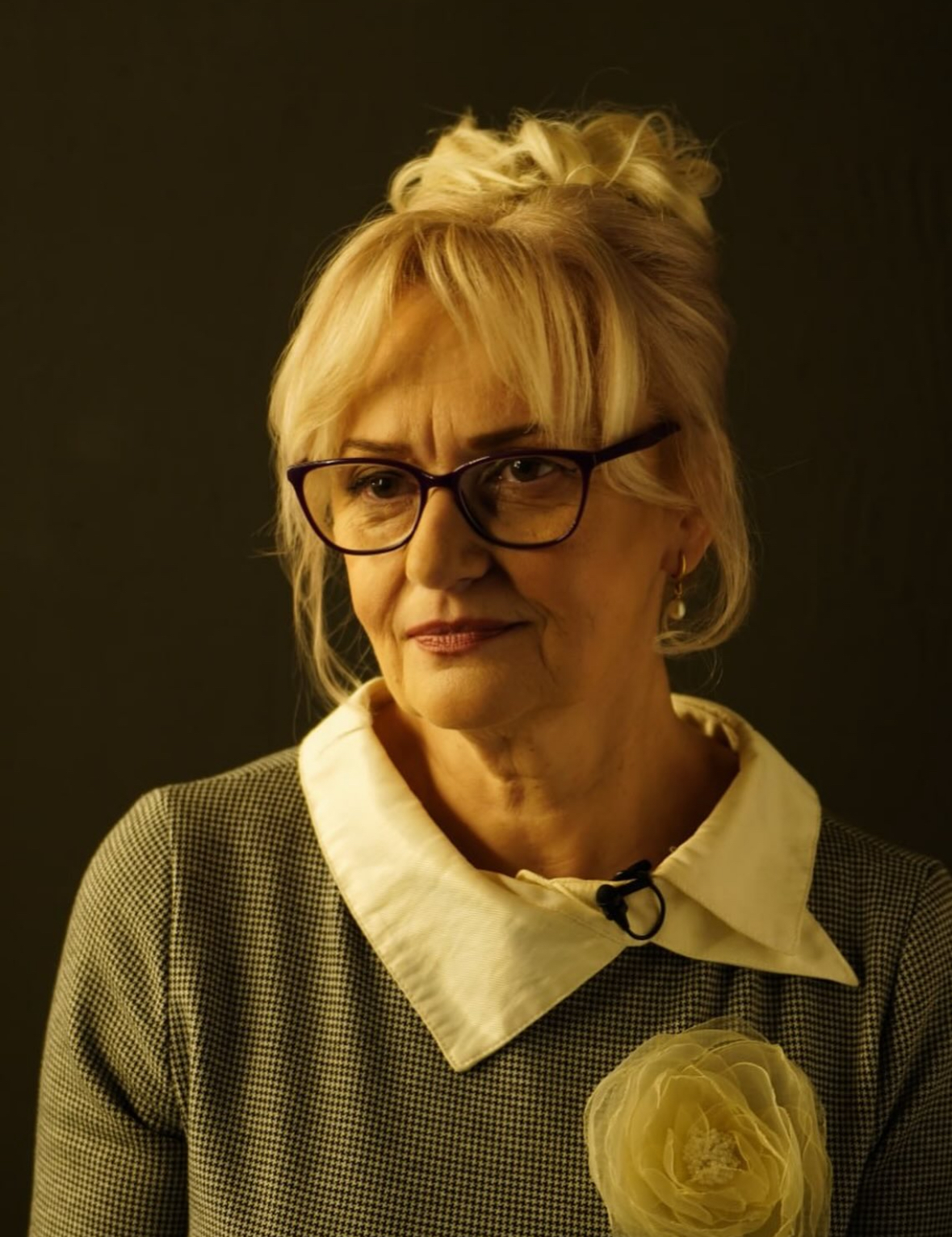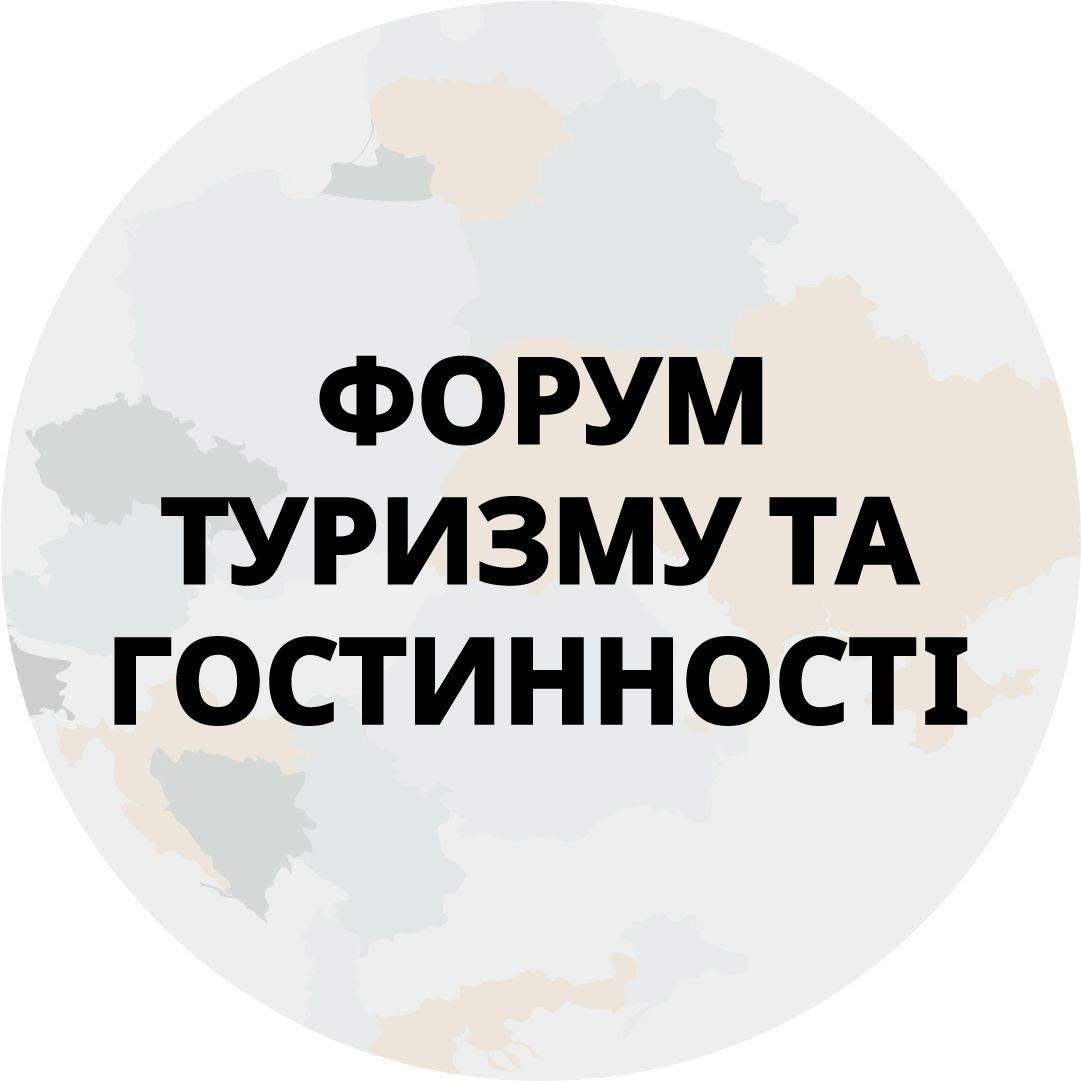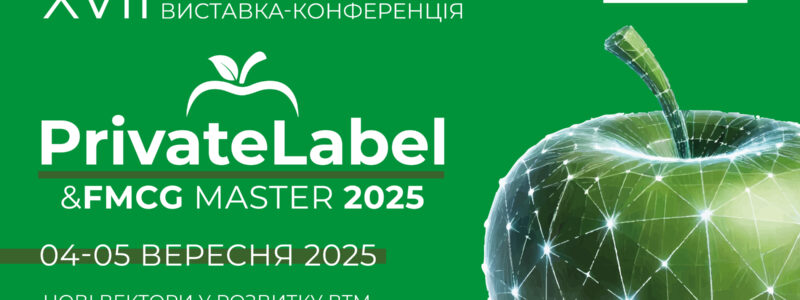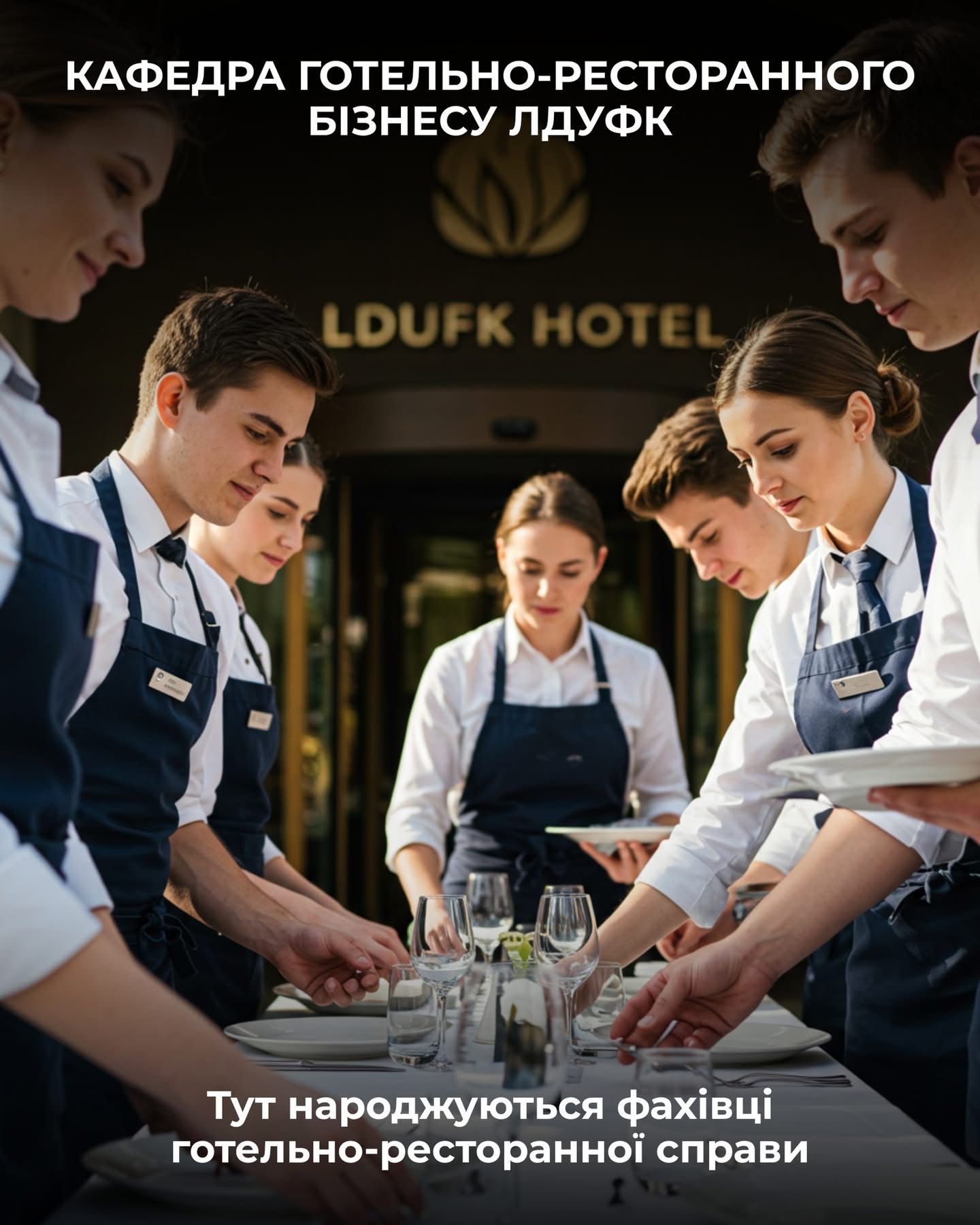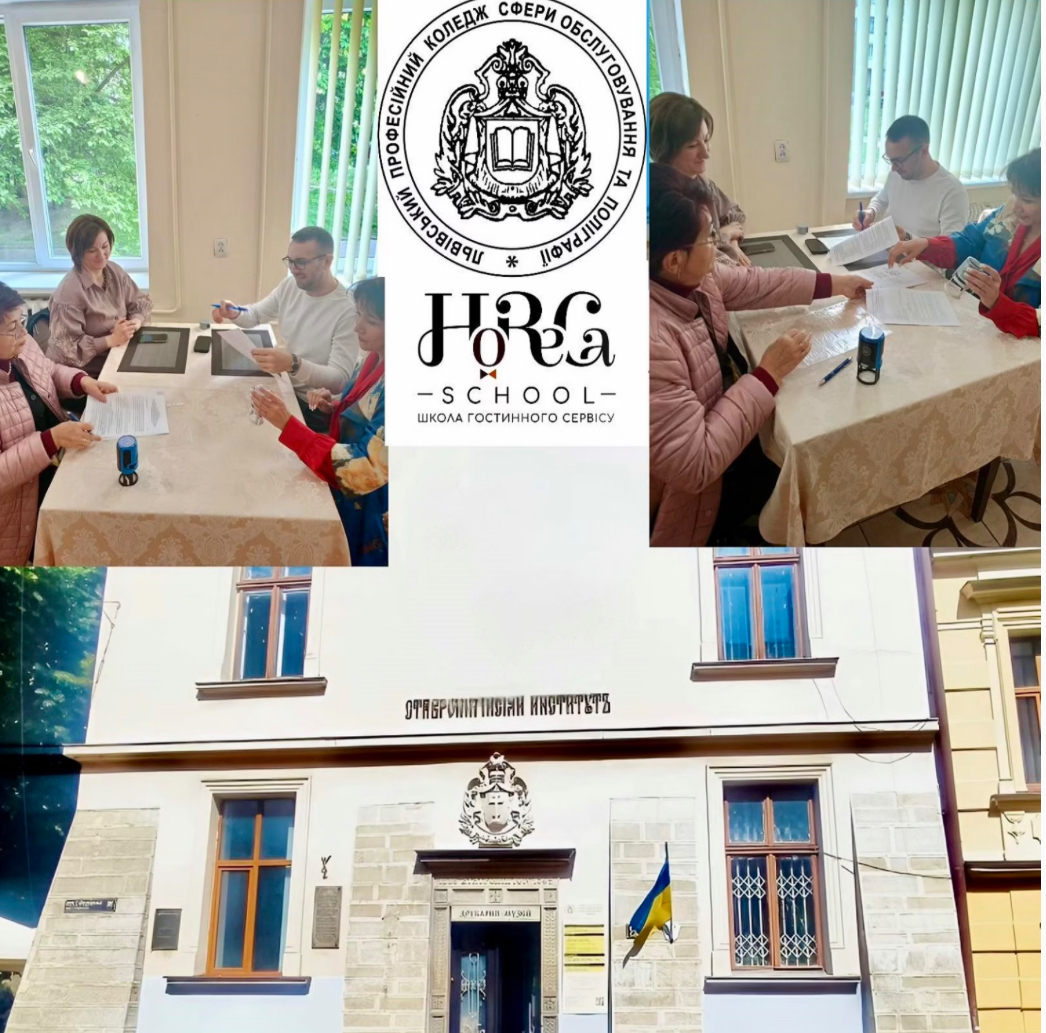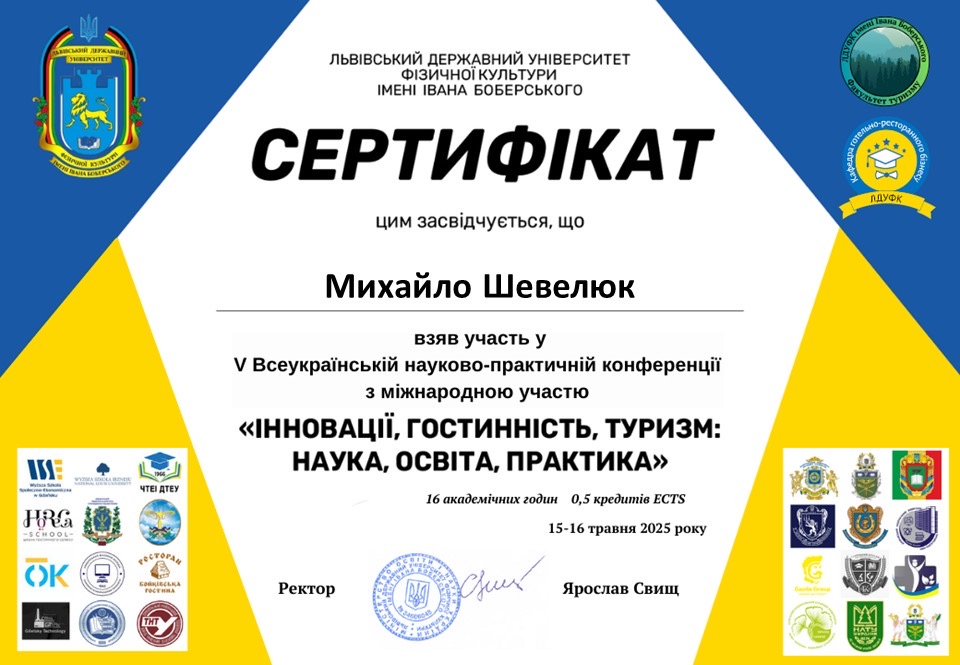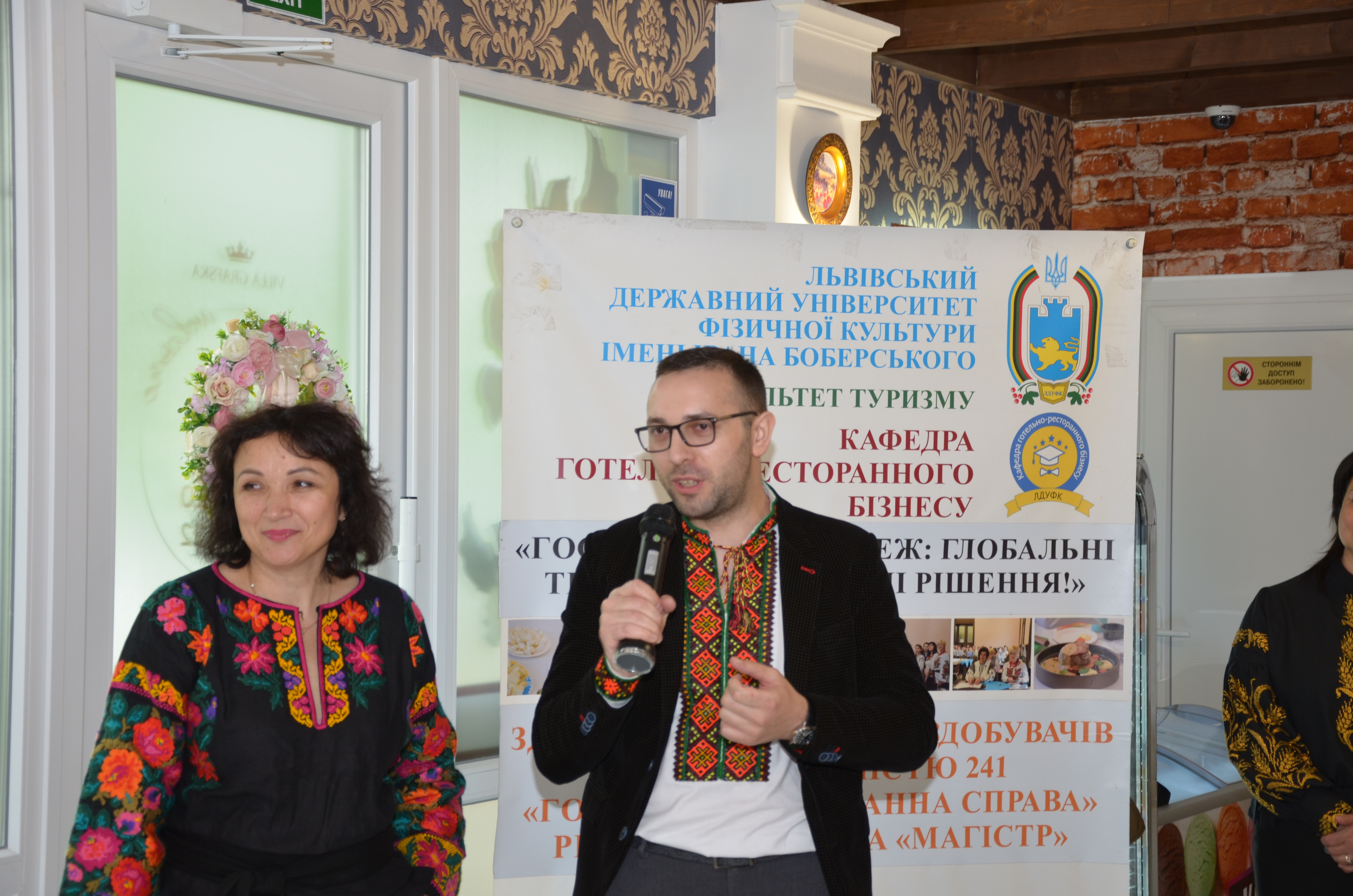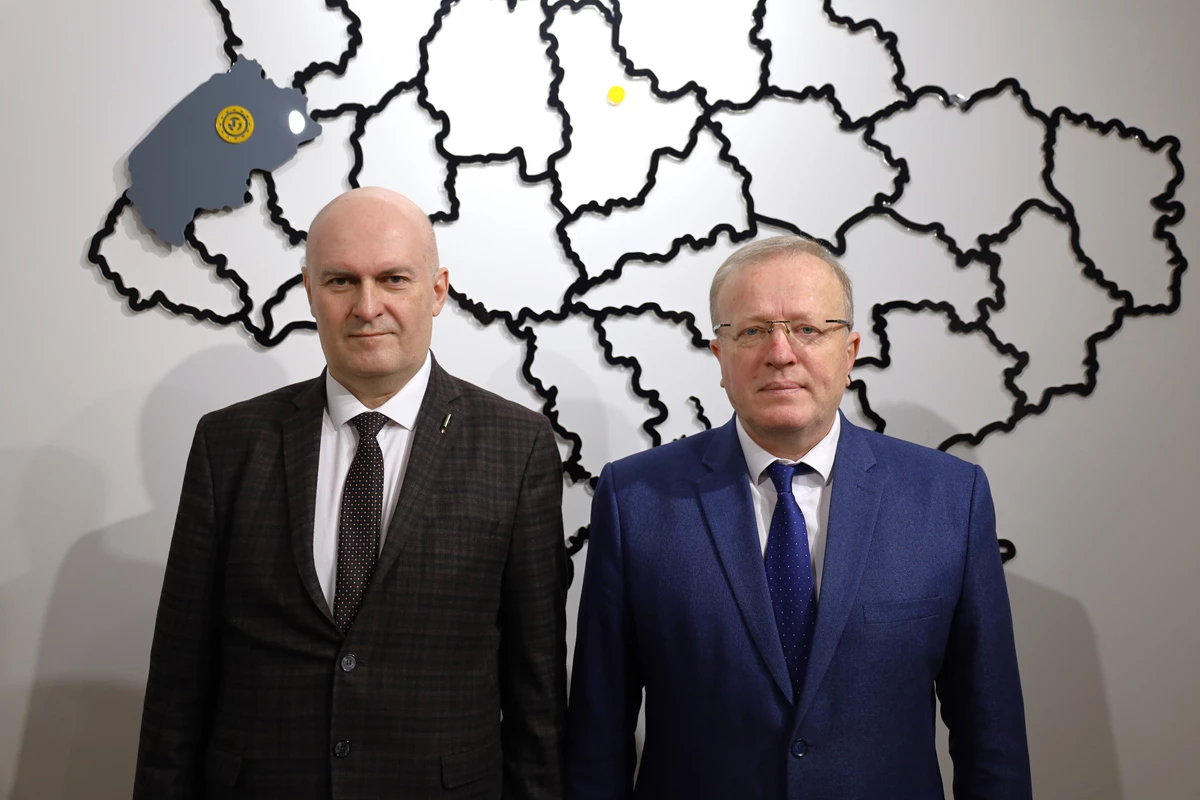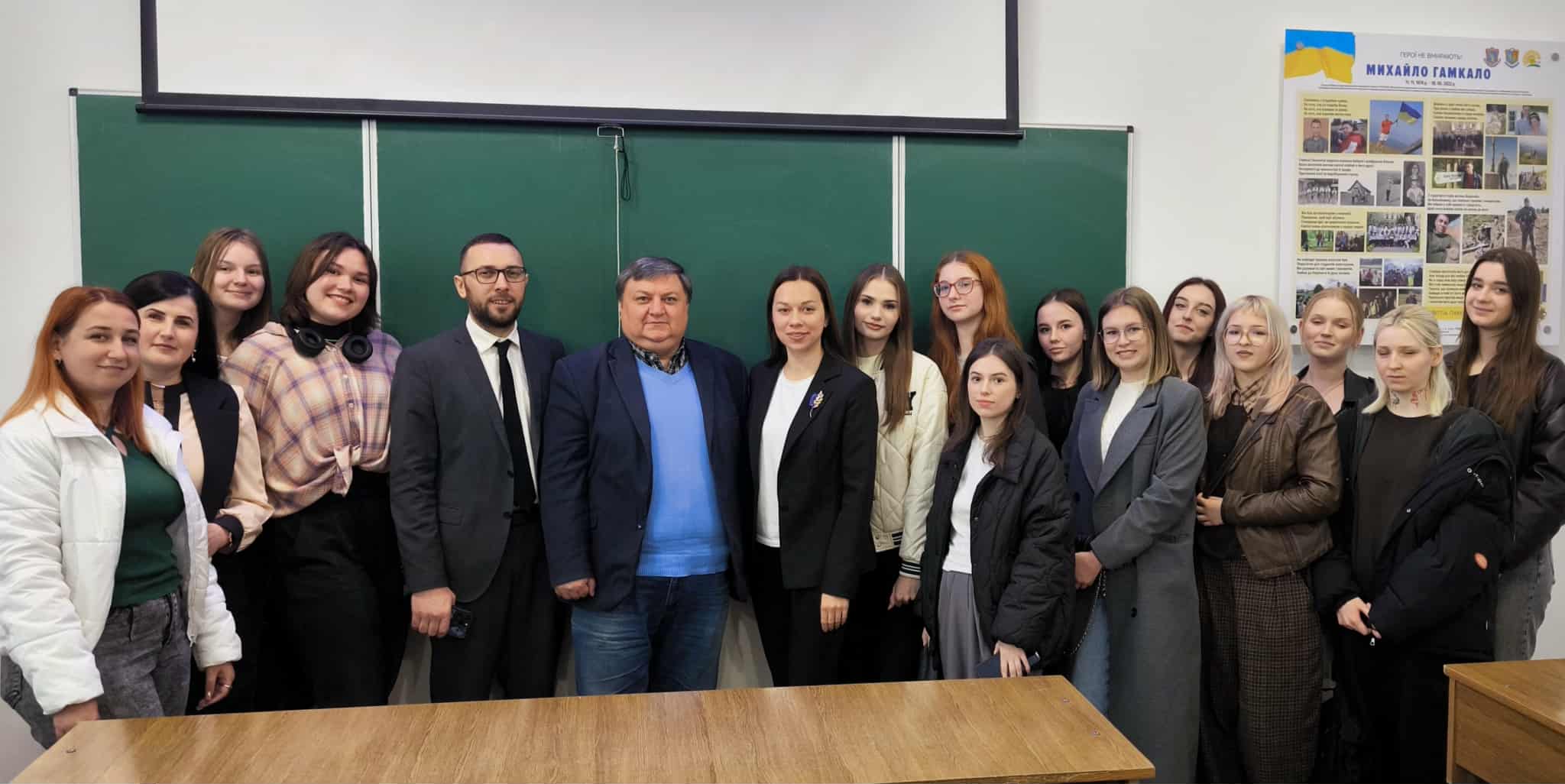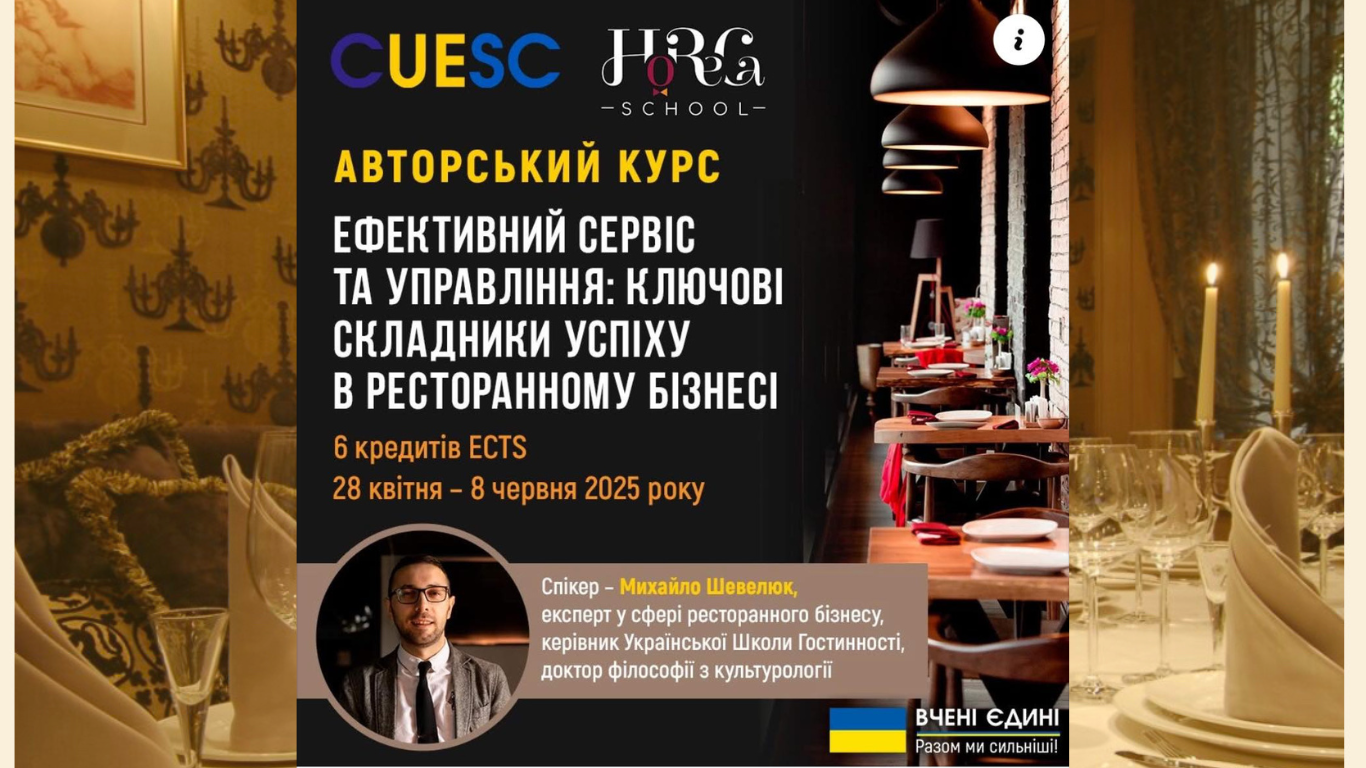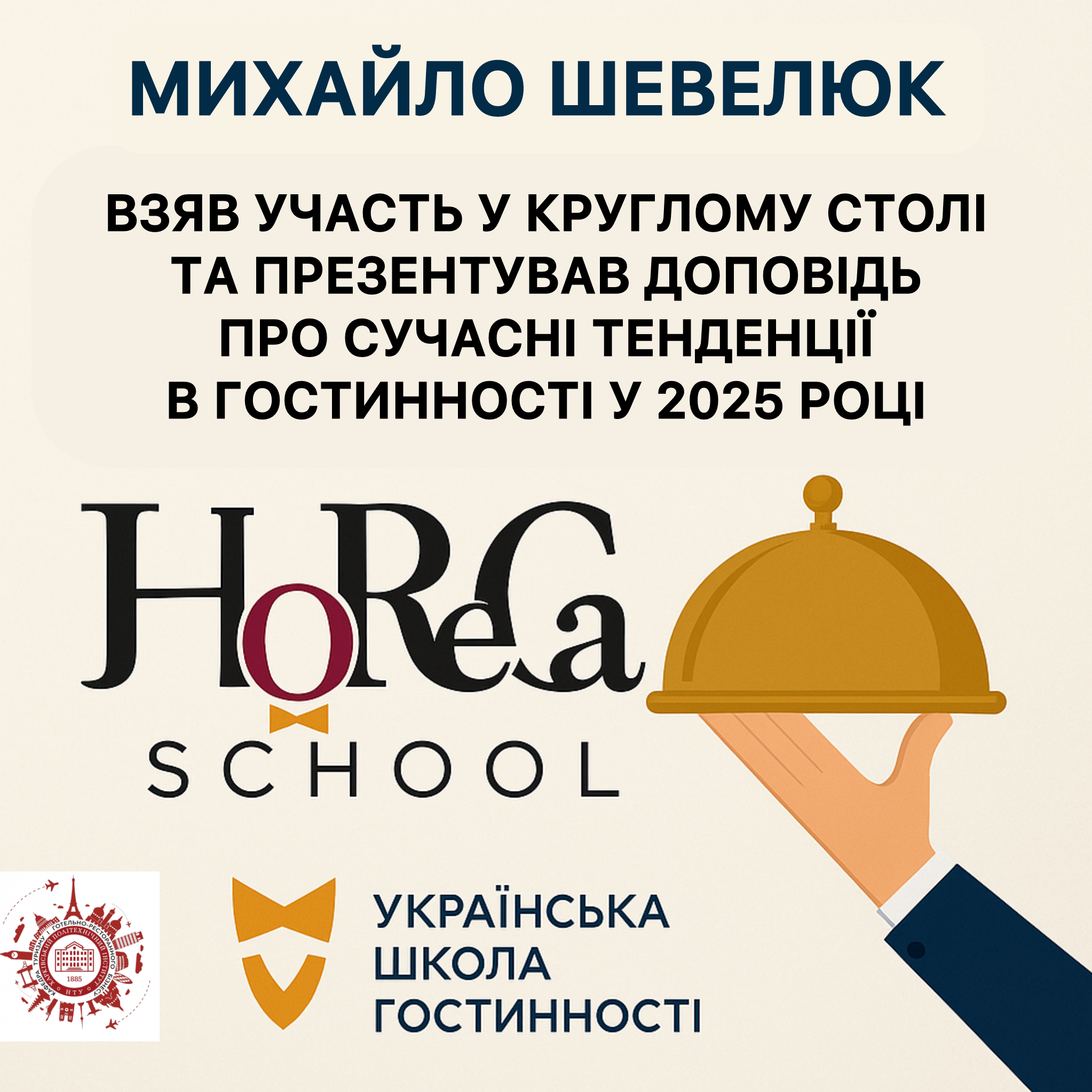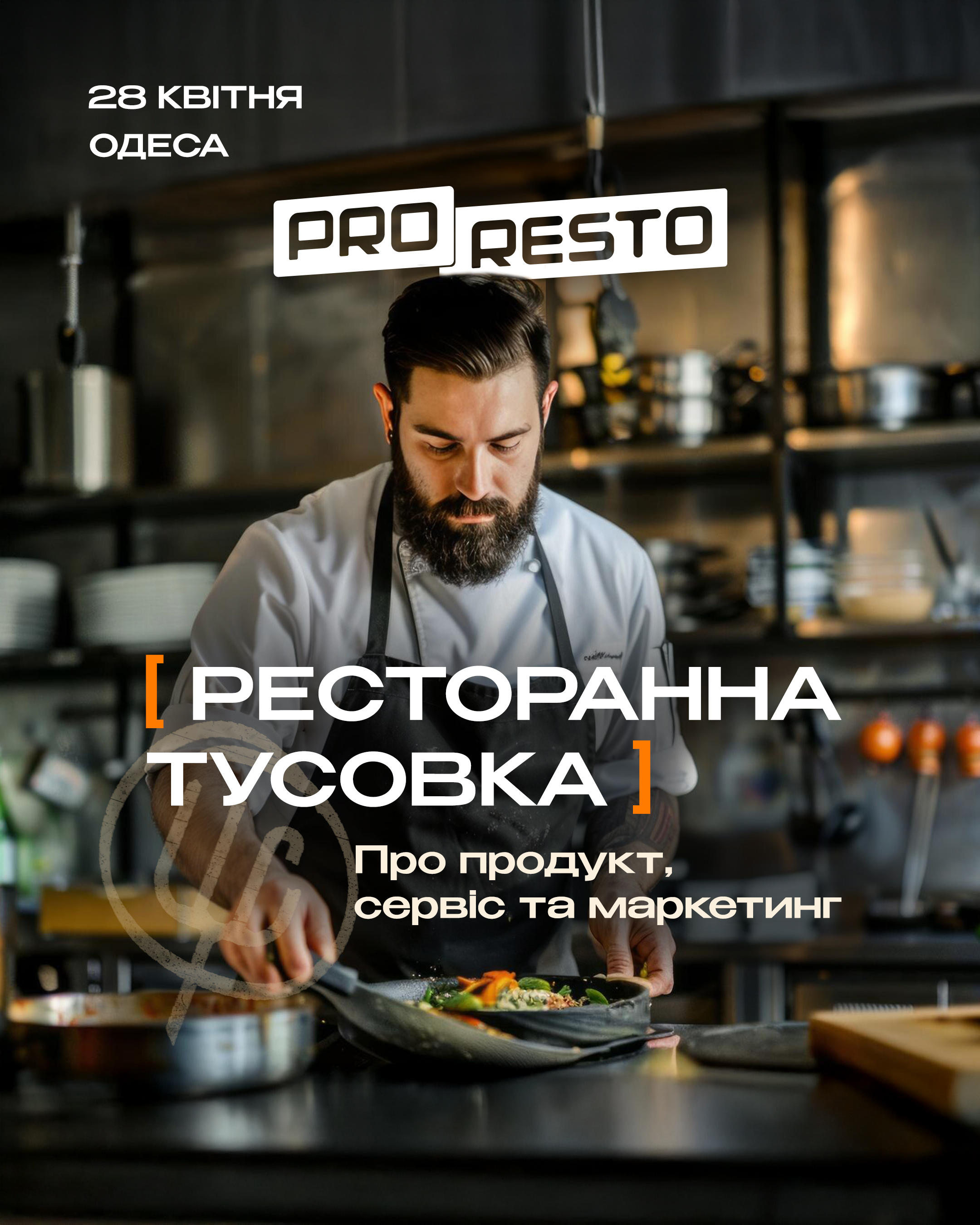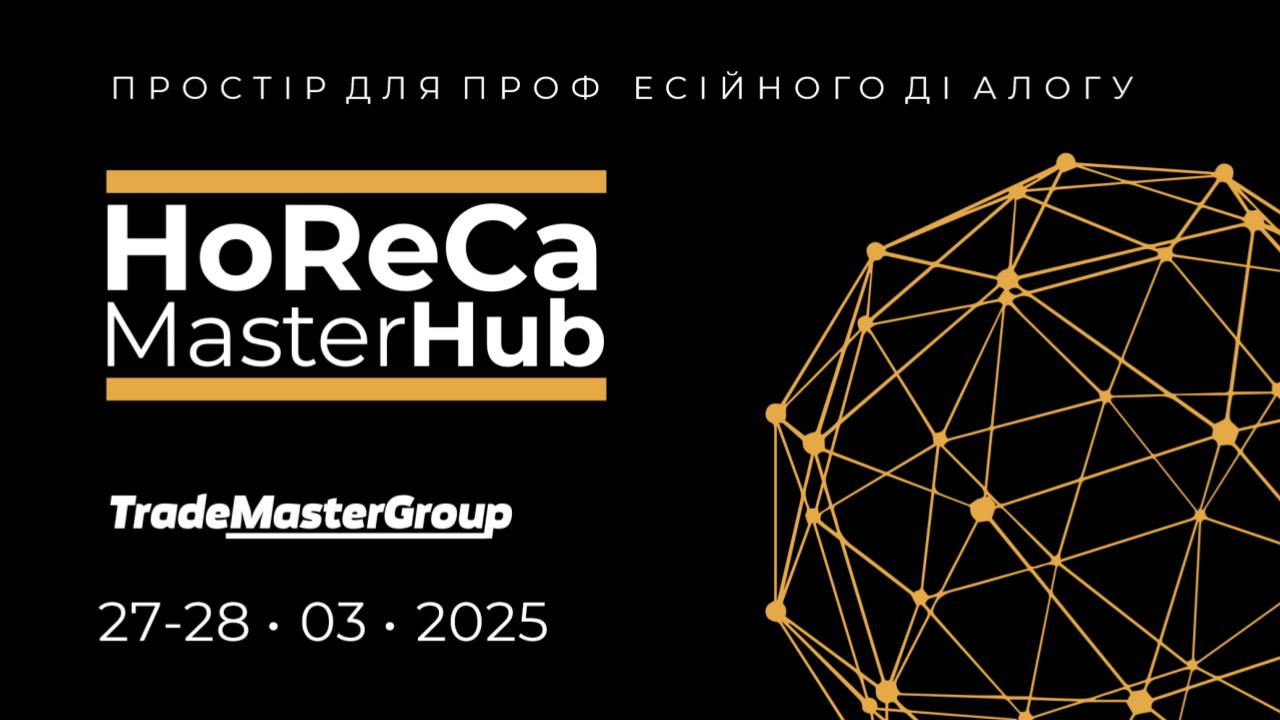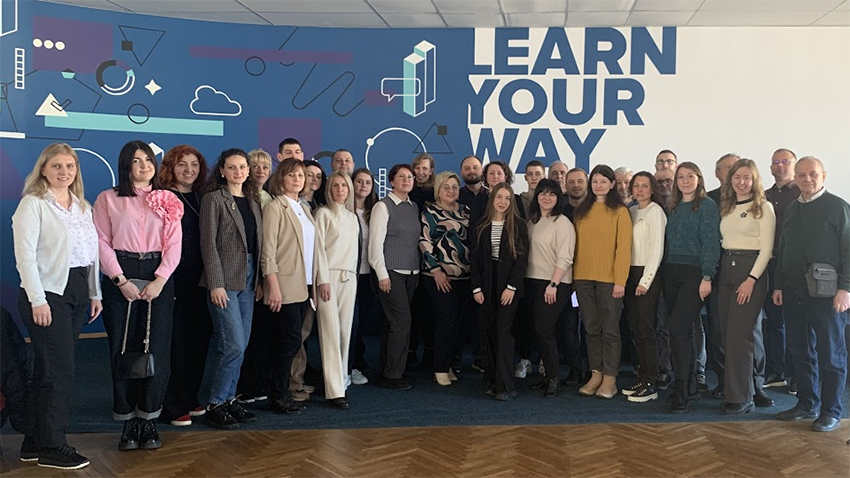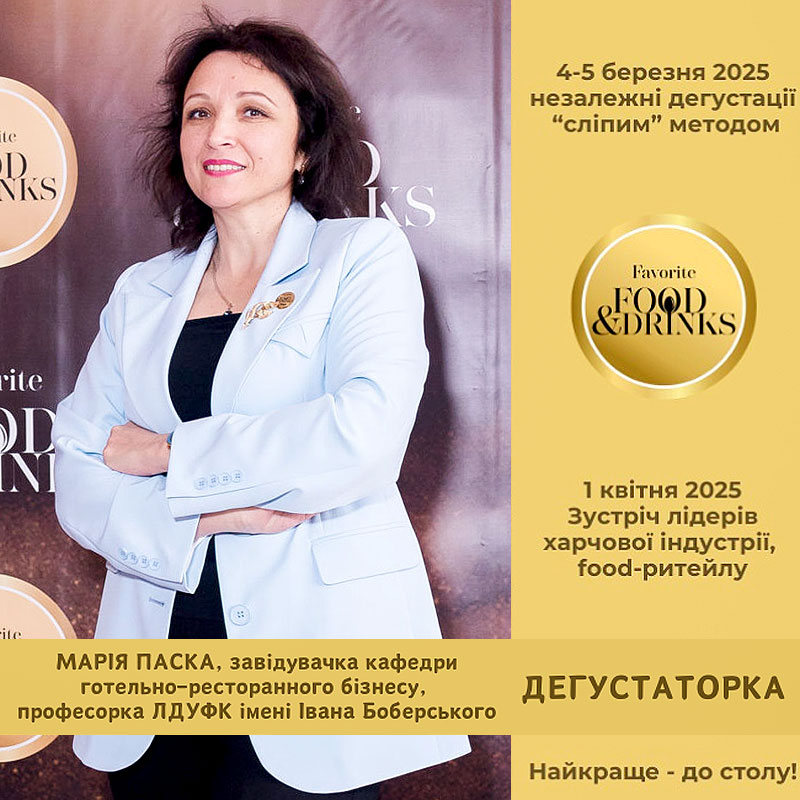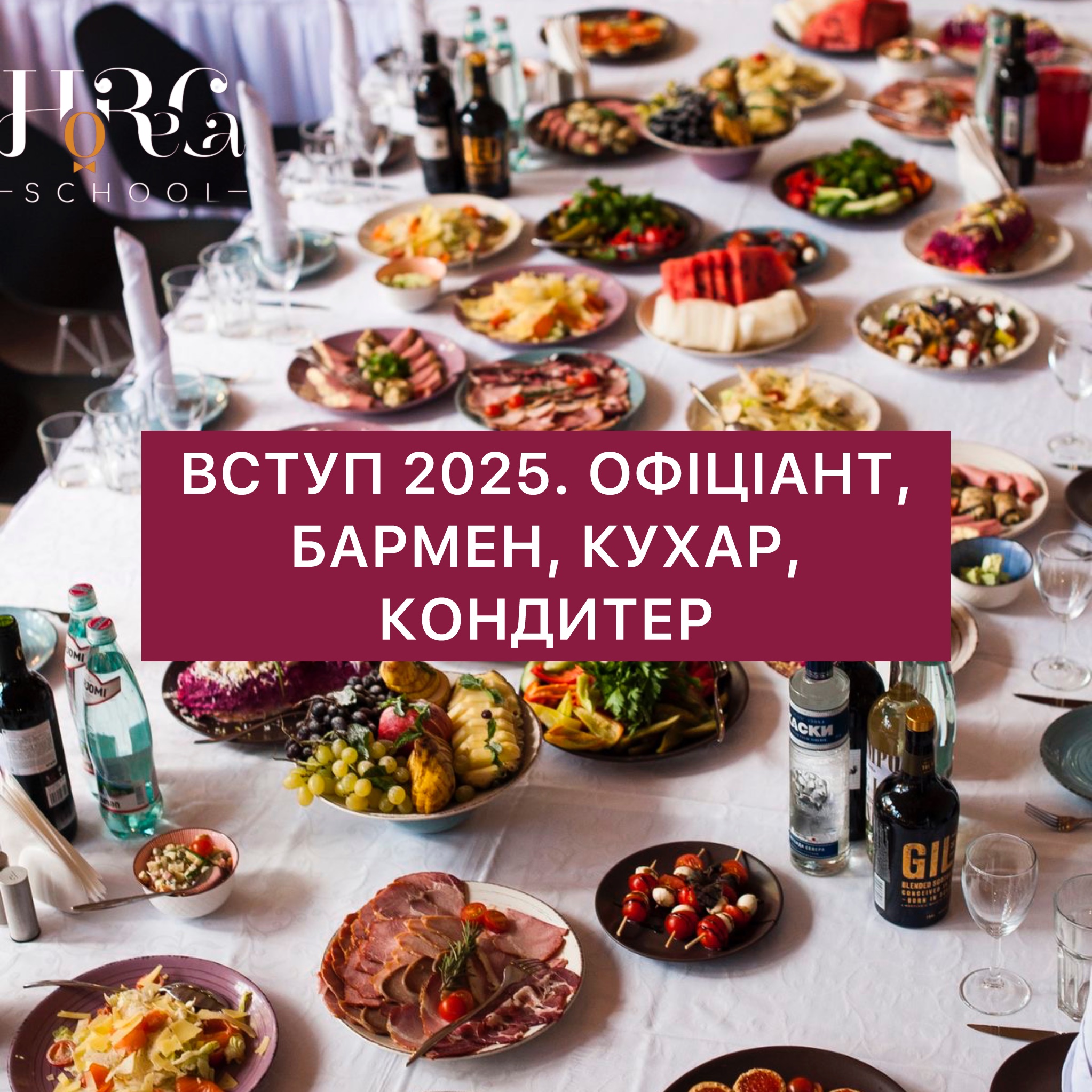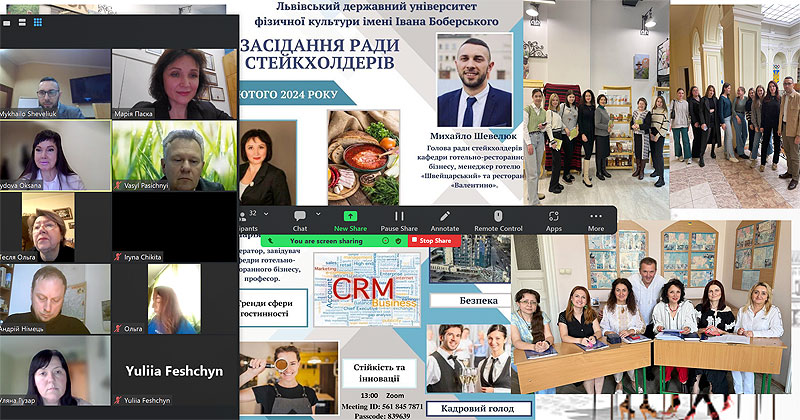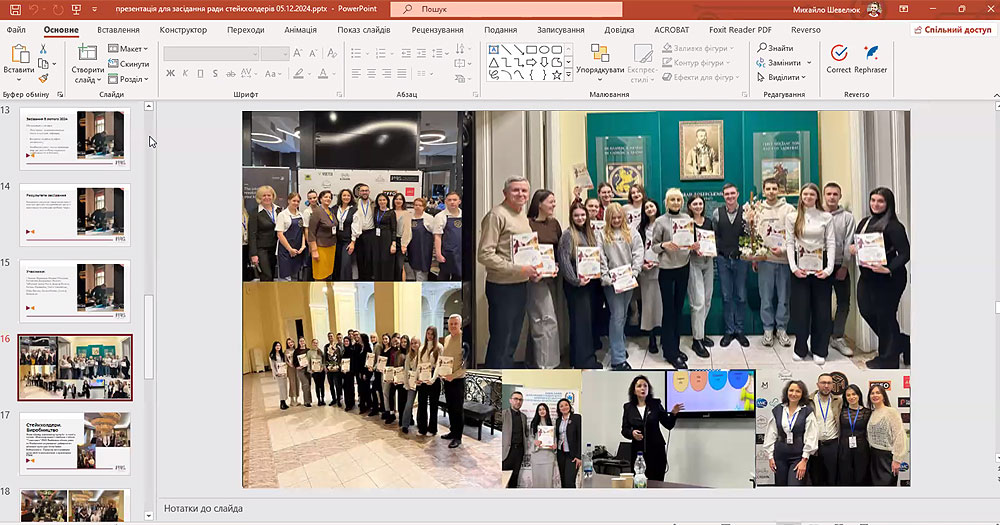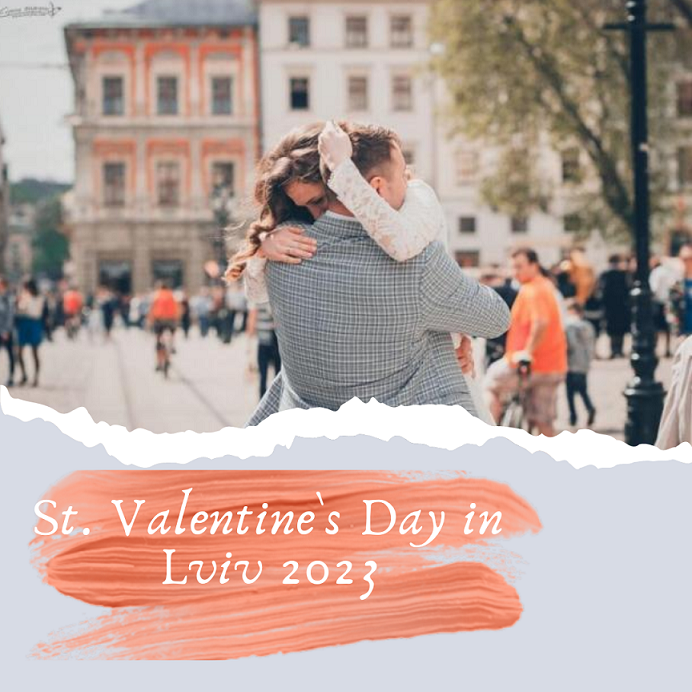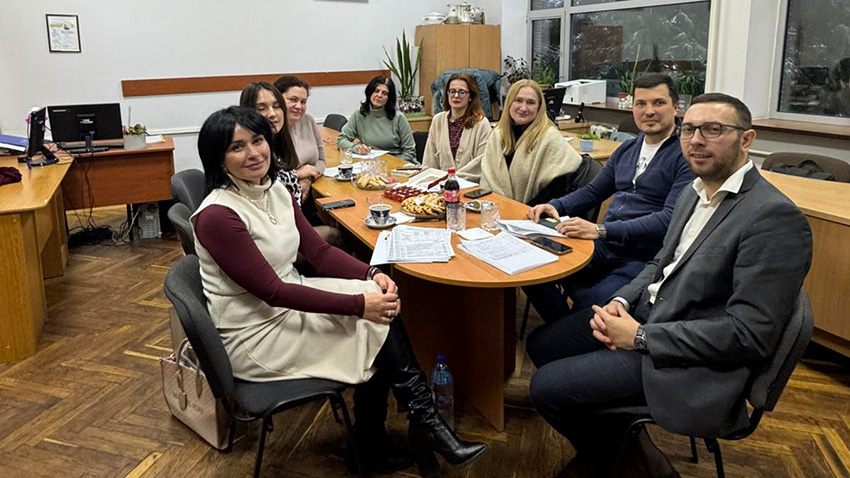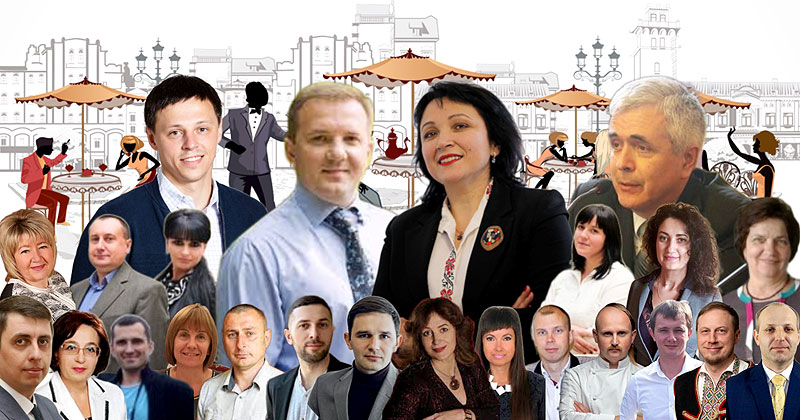

1. On the composition of the Supervisory Board and the Competition Commission
Comment:
Paragraph 6 stipulates that the competition commission may include representatives of the founder, the teaching staff, employers, and public organizations. However, no proportion of representation is defined, which creates a risk of dominance by the founder or political influence.
Proposal:
Establish mandatory parity in the composition of the competition commission, where:
- at least 30% are representatives of employers and business (including the private sector);
- at least 20% are representatives of the teaching staff;
- at least 20% are independent experts or representatives of public organizations.
Such balance will ensure objectivity and transparency, especially in industries closely linked to the labor market (e.g., HoReCa, transport, technical trades).
2. On considering the specifics of different sectors
Comment:
The Regulation does not differentiate between academic, technical, service, or creative areas of vocational education and lacks mechanisms for involving sectoral experts or employers with up-to-date knowledge of labor standards.
Proposal:
Add a clause mandating the participation of sectoral qualification council representatives or industry experts in the competition commission.
For example, in the hospitality sector, the commission should include specialists in restaurant or hotel management with at least five years of practical experience.
3. On candidate evaluation criteria
Comment:
Paragraphs 17–19 do not specify objective competence assessment criteria. Rating-based voting without defined parameters may be subjective.
Proposal:
Introduce a standard candidate evaluation form with criteria such as:
- managerial experience in education or production;
- ability to implement innovative teaching methods;
- cooperation with business and employers;
- results of implemented educational or social projects;
- leadership and communication skills;
- strategic vision for institutional development.
Each criterion should be rated (e.g., on a 1–5 scale) with public justification by the commission.
4. On transparency of the competition
Comment:
While paragraph 16 allows the possibility of broadcasting interviews, this should be a mandatory rule, not a recommendation.
Proposal:
Mandate video broadcasting and archiving of interviews on the official website of the founder or institution.
Additionally, require publication of candidates’ motivation letters and development programs for public review.
5. On the competition timeline
Comment:
The two-month limit (paragraph 9) may be insufficient in case of many candidates or wartime disruptions.
Proposal:
Allow extension of the competition period to three months by a justified decision of the supervisory board.
6. On candidate requirements
Comment:
Paragraph 10 limits eligibility to candidates with at least three years of teaching or managerial experience, excluding business professionals with relevant leadership skills.
Proposal:
Permit participation for candidates who:
- have at least five years of management experience in enterprises or educational projects, even without formal teaching background;
- can prove mentorship or involvement in professional standard development or educational program design.
This will attract practitioners and renew the vocational education system with real market expertise.
7. On the role of the Supervisory Board
Comment:
The Regulation does not clearly distinguish between the powers of the founder and the supervisory board, creating potential conflicts of interest.
Proposal:
Clarify that:
- the supervisory board operates independently of the founder;
- its competition decisions are binding for consideration;
- the founder cannot cancel commission decisions without legal grounds (e.g., court rulings, verified violations).
8. On digital procedures
Proposal:
Add a clause allowing electronic submission of documents via online platforms (Unified Educational Platform or digital candidate portal).
This will simplify participation and reduce bureaucratic barriers.
9. On the role of the private sector
Proposal:
Include a mechanism for involving private educational institutions as consultative experts during competitions.
Institutions like the Ukrainian Horeca School possess valuable experience in workforce training, employer cooperation, and implementing modern service standards beneficial for public VET schools.
10. On post-competition support
Proposal:
Recommend introducing a 6-month adaptation and mentorship period for newly appointed heads, supervised by the supervisory board or industry mentors.
This will enhance managerial effectiveness and reduce staff turnover.
Conclusion
The draft Regulation is an important step toward systematizing recruitment procedures in vocational education.
However, to ensure effectiveness, it is crucial to:
- strengthen employer and expert participation,
- define transparent evaluation criteria,
- ensure open competition procedures,
- introduce digital tools, and
- provide adaptive support for new leaders.
Mykhailo Sheveliuk, PhD (Cultural Studies)
Head of LLC “School of Professional Training”
(Ukrainian School of Hospitality – Ukrainian Horeca School)
Expert in service and hospitality, university lecturer,
former master of industrial training for waiters and bartenders,
administrator of a private hotel and restaurant enterprise.
Contact person:
Mykhailo Sheveliuk
Head of LLC “School of Professional Training”
(Ukrainian School of Hospitality – Ukrainian Horeca School)






